Can chronic pain cause anxiety? Yes, chronic pain can and usually does cause anxiety (and can even lead to anxiety disorders). For instance, there are many things you can no longer do, and you have to limit many of the things you can do. Not to mention worrying about worsening conditions, what people think and more.
For example, as an athletic built man and former U.S. Marine, I sometimes worry how people will react if they ask for help lifting something heavy and I have to decline.
Table of Contents
I feel inadequate to say the least.
Sometimes when I explain I have chronic pain, some people will express their disbelief in obvious ways (this can be very frustrating).
Sure I may look okay on the outside, but on the inside is quite a different story.
In fact, there are some days where the pain is bearable until the moment I do something strenuous, then I could be in terrible pain for days (maybe you can relate).
While I have suffered from pain for about 15 years, I was diagnosed with my specific autoimmune conditions about 3 years ago.
My physical conditions include Ankylosing Spondylitis, Oral Psoriasis, Raynaud’s Disease, IBS and occasional Iritis.
The fact I have also been diagnosed with a mood disorder, Bipolar Disorder type 2, as well as severe anxiety and panic disorder doesn’t help any.
Constantly explaining my conditions gets old quick, but I care what people think about my character and desperately want them to understand why I can’t always help.
It makes me anxious just thinking about it.
Why Chronic Pain Causes Anxiety
While this might sound dramatic to those who don’t experience it, chronic pain is a very stressful, debilitating and life-changing experience.
The pain itself limits many normal everyday activities and as a result, it makes life feel so much more stressful and reduces your quality of life.
Not to mention – anxiety increases when pain increases (depression sometimes as well).
Likewise, just as pain causes anxiety, anxiety causes pain.
So, if you are having increasing amounts of anxiety in relation to your pain, it’s certainly possible anxiety is causing more pain (which can lead to more anxiety and so on 
How Chronic Pain Causes Anxiety
Pain often leads to stress. It takes a lot of energy and strength to cope with pain.
It affects your physical health by lowering your immune system and can leave you drained and fatigued.
When it’s chronic and your whole life revolves around dealing with the pain, it can make you feel overwhelmed, frustrated and even depressed.
Feeling miserable all the time, especially on really bad days, can cause you to worry about a number of different things.
It makes you worry about your future, as well as the future of your loved ones.
People who constantly suffer often worry about how their pain is going to affect their family and friends, even though they know they are making all the right decisions for themselves.
How to Cope With Anxiety
There are a variety of ways chronic pain patients use to cope with anxiety from pain, and different things work for different people.
Some people find relief with anti-anxiety medication prescribed by a doctor, while others (like me) have to take a more natural approach. Sometimes it can be a little of both.
It all depends on what works for you and your body.
Of course, you should always consult with your doctor, or a mental health professional first before determining which approach is best for you.
I personally take supplements (listed below) throughout the day, exercise as much as I am able, soak in Epsom salt, as well as listen to calming music.
I have tried a plethora of medications in the past, but between how my body reacts to medicine, as well as the myriad of side effects I seem to be prone to, it just doesn’t work out for me.
Natural Products That Work For Me:
Chewable Enzymes for Gut Issues
These supplements help me with gut issues caused by excessive anxiety and stress. Also being chewable, they are super convenient to take and taste pleasant.
Other brands and types of enzymes may cost less or also work well (I haven’t tried them all), but these have been extremely effective for me and always seem to be available.
They are also hypoallergenic with no: milk/casein, eggs, fish, shellfish, tree nuts, peanuts, wheat, gluten, and soybeans. They contain no: artificial colors, flavors, or preservatives.
Stress and Anxiety Relief Gummies
The supplements listed below have noticeably helped decrease my anxiety and stress related problems (especially the Ashwagandha with black pepper).
I still struggle, but my anxiety and panic attacks are much more manageable now. I take these supplements every single day without fail which may contribute to their effectiveness.
I have always loved gummies so whenever I have the opportunity to get supplements in this form I jump on it. They usually taste great and seem more like a treat to me than medicine.
While I have almost eliminated sugar in my diet, it can sometimes be hard to find gummies without some form of sweetener. I suppose that might be a good reason to swallow pills, but I absolutely hate swallowing pills and they often make me gag. So far I haven’t experienced any problems with sweeteners in any of the gummies I take.
Cooling Weighted Blankets
I had absolutely no idea how effective sipping on a cup of hot tea while wrapped in a cooling weighted blanket could be.
If you have skipped trying a weighted blanket because you worry about feeling smothered, you are not alone. The struggle with claustrophobia is real.
But after receiving a cooling weighted blanket as a gift, I don’t understand how I ever made it without one. Now, no other blanket will do.
If you decide to give weighted blankets a try, be sure to order an easy to clean cover for it. You’ll be happy you did. 🙂
Stress Relief and Bedtime Tea
I never used to be a tea drinker. For one, most herbal teas are naturally caffeine free. However, caffeine is a known contributor to many anxiety related issues. Any stimulant is.
So after ditching the caffeine I found many sources indicating herbal tea as a stress relieving alternative to coffee. It’s warm, it’s soothing, and if you get the right blend it can actually help decrease stress levels.
Yogi is available in most stores tea is sold at, unlike some other brands I have tried. Not only do these teas help calm me down, they also seem to induce some very pleasant dreams.
I typically drink a cup of the Stress Relief with Kava in the morning and drink a cup of the Bedtime tea about an hour before I get ready for bed. These teas help with my overall relaxation throughout the day and when I’m trying to get some much needed rest.
If you find drinking plain tea too boring, try adding a teaspoon of Stevia (tastes like sugar) and a little unsweet coconut milk (in a carton typically found in the dairy isle of the grocery store; Silk is my favorite brand). Some of you will thank me for this, it’s absolutely delicious! 🙂
Conclusion
Chronic pain, in most cases, causes some form of anxiety or another.
Life is stressful enough without living in pain – chronic pain makes it brutal.
If the anxiety gets bad enough, it may even cause additional physical pain.
Fortunately, there are some ways to cope with your stress and anxiety.
Whether you find relief through medications or natural supplements and exercise, I empathize with you and wish you all the best.
Do you know any other effective ways to treat anxiety caused by pain? Please let me know in the comments. I am always looking for additional ways to cope.

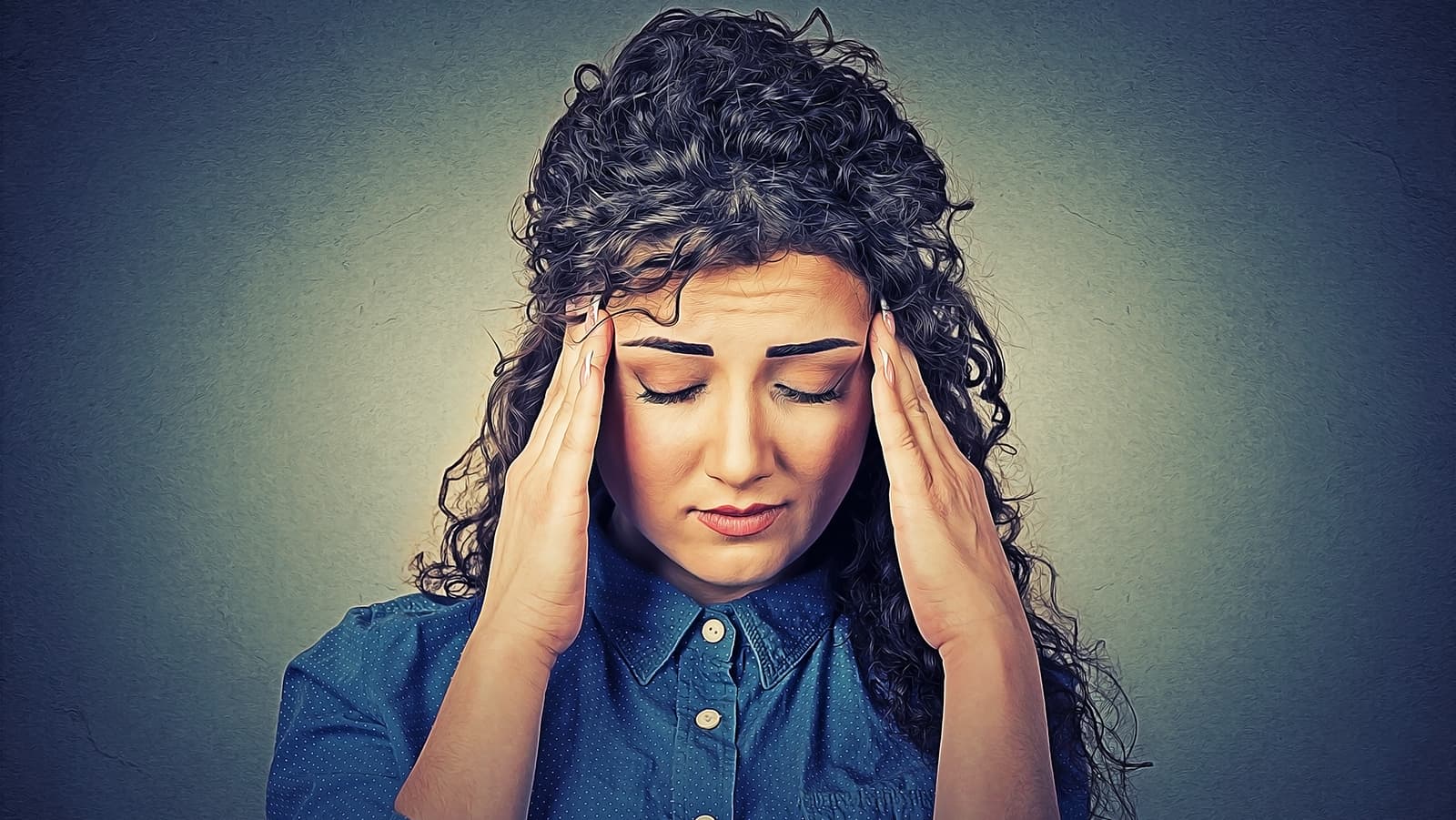




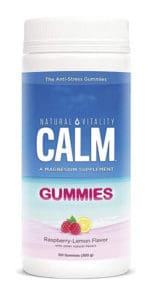
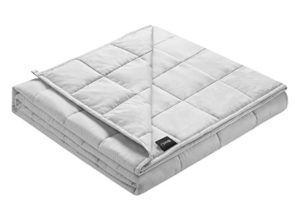
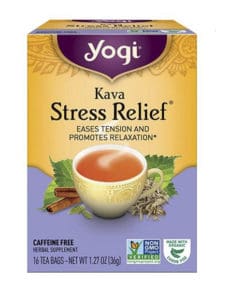
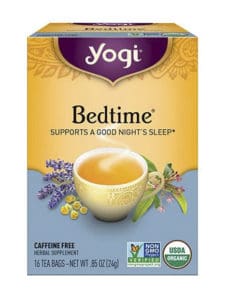
Thank you for all the helpful suggestions!
My pleasure Emily, thanks so much for stopping by.